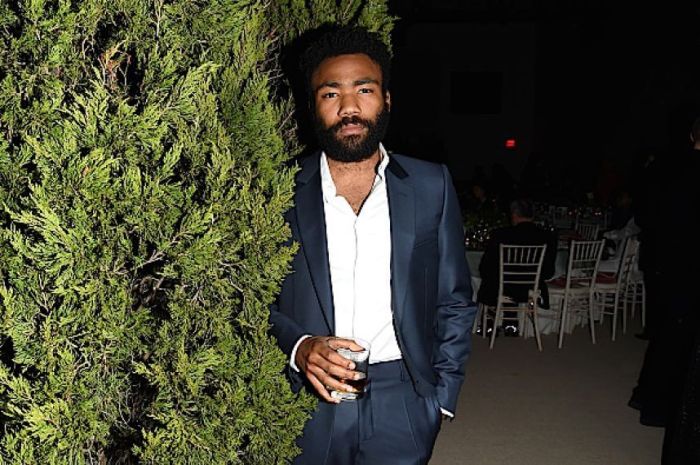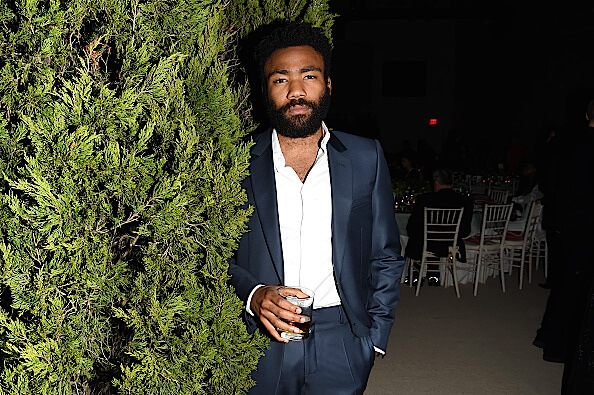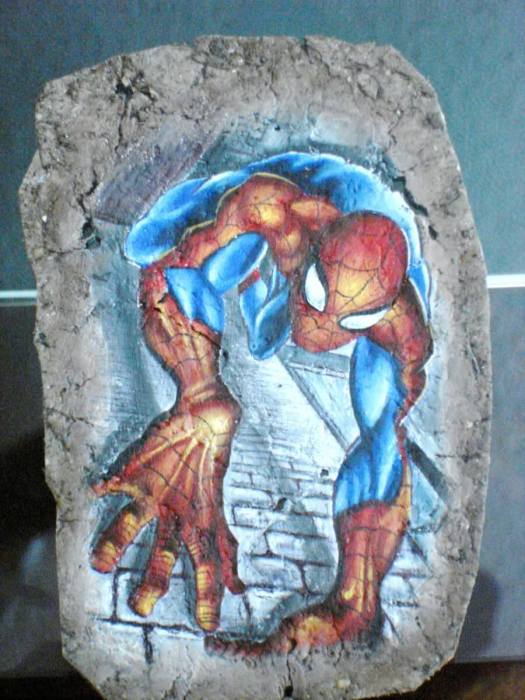The hallowed halls of academia resonate with history. Reading the classics and then pontificating on the same questions that puzzled our greatest thinkers has deluded many a college freshman into thinking he’s the first person to discover Sartre and Foucault.
No, you can’t watch reality TV for class credit

iStock
So do today’s undergraduates feel as tied to history when they’re critically assessing, say, “Jersey Shore?”
The answer, it seems, is yes. Studying pop culture in college is a thing — and in fact, it has longbeen part of the academy. We just haven’t always had courses like Columbia University’s offering, ‘The Sociology of Miley Cyrus: Race, Class, Gender, and Media.’
RELATED: The comic book TV takeover is real
But at Bowling Green State University in Bowling Green, Ohio, the only university in the country to offer a BA and an MA in popular culture, the discipline is taken to a whole new level.
“We tend to get very strong, intellectually curious, and independently-minded students with a particular passion for something,” says Jeremy Wallach, a professor in the Department of Popular Culture at Bowling Green State University and the co-editor of”Metal Rules the Globe: Heavy Metal Music around the World.” A lot of people really are surprised how intellectually serious an enterprise this all is, even though we analyze culture that many consider disposable and trivial.”
Graduates wind up in careers that run the gamut from entertainment to education. One is at the Country Music Hall of Fame, and a handful of others are pursuing Ph.Ds in communications, children’s literature, folklore, German, and cultural studies, saysWallach.
Popular culture major John Cook, who graduated from Bowling Green in 2007 and went on get his MA in library sciences at Kent State University, says he uses “pop culture to inspire kids to read every single day” as the youth services supervisor at the Columbus Metropolitan Library.
Cook gave us the lowdown on what he learned — and why it matters.
What exactly is the study of pop culture?
Pop culture is important because it’s the art of the common person. It’s more than entertainment. It’seducational, it’s historical, and it’s constantly changing, but there’s going to be patterns over time.
How does the study of pop culture apply to history, sociology and other disciplines?
“If you look at some artifact of pop culture, it’s going to be a reflection of the time. What I did for my thesis was look at Spider-Man comics before and after 9/11. It had a really big effect on the comic book industry, and I was looking at how the characters in a fictional universe were addressing and dealing with the tragedy, and how it mirrored what was happening in real, everyday life.”
How do people react when they learn of your degree? Do they take it seriously?
I had to justify a lot in the beginning. If you’re in an interview, and you’re trying to stand out, it’s an instant conversation starter. I would say not to be ashamed of it.


















